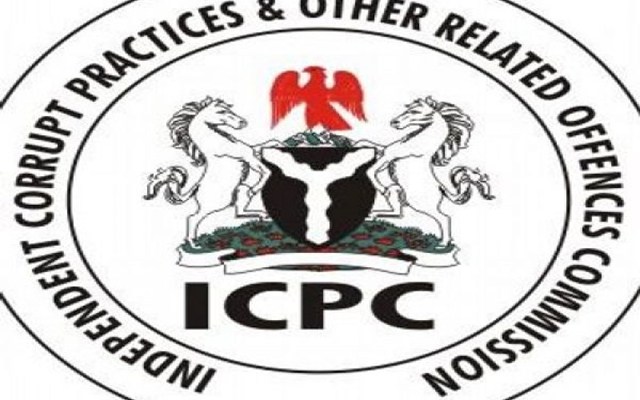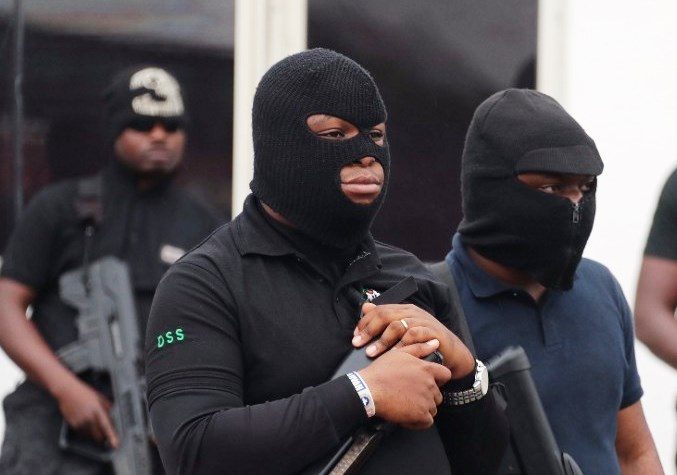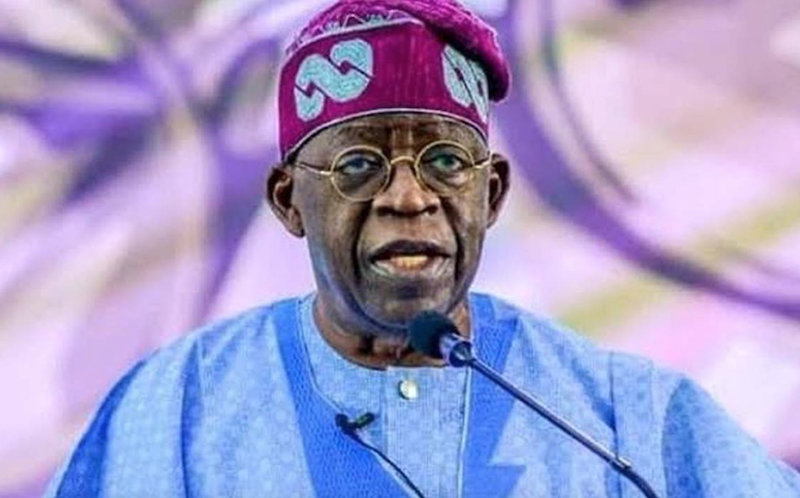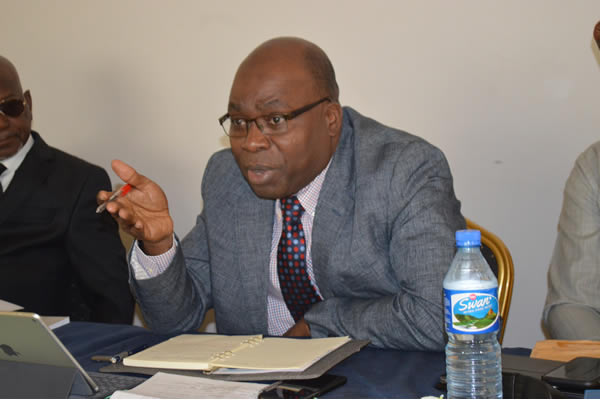Mr Femi Falana, a Senior Advocate of Nigeria (SAN) has attributed the rise in Internet fraud, popularly known as yahoo, in Nigeria to unemployment.
TheNewsGuru.com (TNG) reports Mr Falana was speaking on Monday on the change of guards at the Economic and Financial Crimes Commission (EFCC) when he said this.
Recall that on October 12, 2023, President Bola Tinubu appointed Mr Ola Olukoyede as the new Chairman of EFCC for a renewable term of four years in the first instance, pending Senate confirmation.
Speaking on Channels TV’s Sunrise Daily programme, the human rights lawyer said Mr Olukoyede is qualified to lead the anti-graft commission having previously served as Chief of Staff to the EFCC Chairman (2016-2018) and Secretary to the Commission (2018-2023) as well as having 22 years cognate experience.
Falana, however, questioned the modus operandi of the EFCC while noting that the figures of conviction always reeled out by the anti-graft agency are mostly made up of Internet fraudsters, young people who engage in “yahoo yahoo operations”.
“We must go beyond simply fighting corruption. How do you erect a system that will reduce corruption to the bearest minimum? How do you collect money owed the country by foreign agencies, multinational corporations and departments of the government?
“For me, it is not about changing one or two people or what the EFCC does now by reelingout figures of number od people convicted and at the end of the day, these are Internet fraudsters, young people who engage in what you call yahoo yahoo operations.
“Whereas, those who cause them to engage in such criminality are moving freely in town. We know of them. So, why will a young man engage in yahoo yahoo operations if he or she is gainfully engaged?” Falana queried.
Speaking further, the senior lawyer said the federal character principle must be respected in public service appointments.
Falana averred that it is against the federal character principle for the chairmen of the two anti-graft federal agencies in Nigeria to come from the same geopolitical zone.
He stressed if the EFCC Chairman is from the northern region, the southern region should produce the chairman of the Independent Corrupt Practices and Other Related Offences Commission (ICPC).
“If you are going to have the EFCC and the ICPC, the heads cannot come from same zone. If you are going to have the EFCC and the ICPC, the heads cannot come from same zone.
“If there are two positions in the public service, one must go to the North, one must go to the South. If there are four, two must go to the South, two must go to the North. If there are six, one must go to each geopolitical zone. That is the law in Nigeria today.
“So, I am not comfortable with the fact that the heads of the EFCC and the ICPC are from the same zone. Apart from that, Mr Ola Olukoyede, is eminently qualified to head the EFCC. My colleagues who have criticised the appointment have not looked at the relevant provisions of the EFCC which is Section 2,” Falana said.
TNG reports both Mr Olukoyede and ICPC Chairman, Prof Bolaji Owasanoye (SAN), who has been in office since February 2019, are from the South-West geopolitical zone.
Many lawyers and analysts have criticised the appointment of Mr Olukoyede, saying he is not an Assistant Commissioner of Police and, therefore, not qualified to lead the EFCC.
Olukoyede becoming EFCC Chairman followed the controversial resignation of embattled ex-EFCC boss, Abdulrasheed Bawa, who was suspended on June 14, 2023 and detained by the Department of State Services (DSS) over “weighty” allegations of abuse of office levelled against him.
“There is no issue; the only issue that has been raised, which has to be considered by the government, is that we have in this country, the Federal Character Commission Act and also by the virtue of Section 14 of the constitution, appointments must reflect Federal Character,” Falana stressed.







